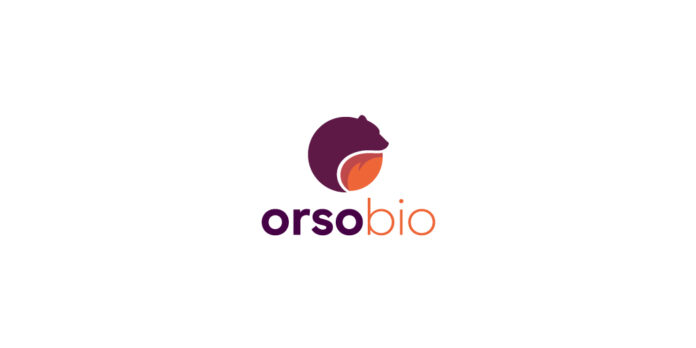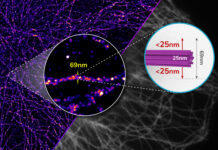PALO ALTO, Calif.– OrsoBio, Inc., a clinical-stage biopharmaceutical company developing treatments for severe metabolic disorders, today announced it has acquired exclusive worldwide rights to an ACC2 inhibitor program from Shionogi & Co., Ltd. The intellectual property includes lead candidate TLC-3595 (formerly S-723595), a novel and selective ACC2 inhibitor designed to treat type 2 diabetes by increasing fatty acid oxidation (FAO), reducing ectopic lipid accumulation, and improving insulin sensitivity in skeletal muscle and liver. TLC-3595 also has potential for treating other conditions characterized by impaired FAO, including cirrhosis with sarcopenia and genetic, long-chain FAO disorders.
“Increasing fatty acid oxidation via selective ACC2 inhibition without adverse effects of ACC1 inhibition, such as hypertriglyceridemia and thrombocytopenia, offers great promise for improving insulin sensitivity in patients with type 2 diabetes,” said Rob Myers, MD, Chief Medical Officer of OrsoBio. “Our first-in-human study of TLC-3595 and preclinical data showing reduced lipid accumulation in muscle and liver and improved insulin sensitivity, support our plans to initiate a Phase 2a trial in subjects with insulin resistance in the first half of 2023.”
OrsoBio will present data from a Phase 1 trial of TLC-3595 in a poster (Abstract #3677) entitled “Evaluation of the safety and pharmacokinetic effects of the oral, acetyl-CoA carboxylase-2 (ACC2) inhibitor TLC-3595 in healthy volunteers” at AASLD’s The Liver Meeting®, November 4-8, 2022, in Washington, D.C. In this Phase 1 single and multiple ascending dose trial, TLC-3595 treatment for up to 14 days was well tolerated, all adverse events were mild, and no serious adverse events were observed. TLC-3595 treatment led to improvements in LDL and total cholesterol, confirming the compound’s pharmacodynamic effects, and its pharmacokinetics support once daily oral administration.
“Insulin resistance is the major predisposing factor in the pathogenesis of type 2 diabetes. Previous studies by my group have demonstrated that ACC2 knockout mice manifest increased energy expenditure and improved insulin sensitivity, which is mediated by increased fatty acid oxidation leading to reductions in ectopic lipid content in liver and skeletal muscle. These results strongly support the development of novel pharmacologic ACC2 inhibitors for the treatment of type 2 diabetes,” said Gerald Shulman, MD, PhD, MACP, MACE, FRCP, the George R. Cowgill Professor of Medicine and Professor of Cellular and Molecular Physiology at Yale School of Medicine, Co-Director of the Yale Diabetes Research Center, and scientific advisor to OrsoBio. “Based on its potency and selectivity, and preclinical data to date, I see great potential for TLC-3595 to improve insulin sensitivity in patients with type 2 diabetes, and this mechanism to complement approved therapies.”






